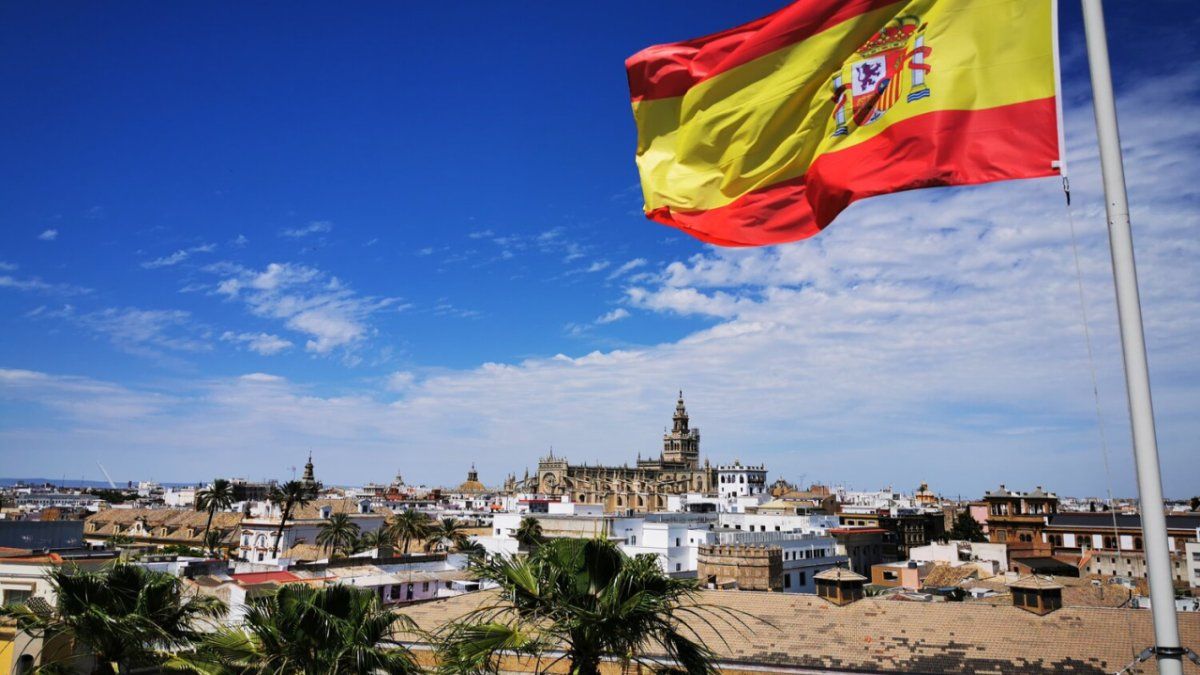Spain became an attractive destination for Spanish speakers looking for a new life in Europe, thanks to its shared language and culture. With its relaxed lifestyle and rich history, it’s no wonder thousands choose to move to the country. But how to do it without work complications? The non-profit visa may be the answer.
This type of visa allows expatriates to live in Spain without the need to work in the country. It is an ideal option for those who have sufficient financial means and seek to enjoy the Spanish lifestyle. Here we tell you everything you need to know to obtain it.
barcelona-spain.webp
By following the appropriate steps and avoiding common mistakes, this process can open the doors to Spain, a new beginning in one of the most welcoming countries on the continent.
Spain non-profit visa: what it is and prohibited activities
The non-profit visa is designed for people of outside the European Union who wish to settle in Spain without working. It is one of the most popular options for those looking to spend an extended time in the country with their families or retire in a quiet environment.
With this permit, holders can live in Spain for one year, renewable up to five years, at which time they can apply for the permanent residence. Furthermore, it allows move the family without additional requirements, as long as the financial criteria are met.
Those who obtain this visa can invest their funds, enjoy recreational activities, study or simply reside in Spain. It is also possible to convert this visa into other types, such as work, after the first year. However, this visa prohibits any type of economic activity in Spain, whether working for a local company or opening a business. It also does not allow remote work that involves traveling outside of Spain constantly.
Immigrate to Spain: basic requirements to have a non-profit visa
1. Be a citizen outside the EU
This visa is aimed at those who do not have European citizenship, such as Latin Americans or citizens of other countries.
2. Sufficient funds
The main applicant must demonstrate annual income of at least 28,800 euros or savings greater than 60,000 euros. For each additional family member, 7,200 euros more.
3. Private health insurance
It is mandatory to have a policy medical insurance that covers hospitalization, emergencies and illnesses without co-payments or exclusions.
4. Other legal requirements
not have criminal record nor diseases that represent a risk for the Spanish population are essential conditions. In addition, the documents must be updated, translated and legalized.
Money needed to get a nonprofit visa
1. Basic financial requirements
The applicant must prove financial stability. For this, recent bank statements, pension certificates, proof of passive income, or a combination of these are accepted.
2. What happens if you travel with family?
Each additional member must be supported by additional funds. For example, a family of four will need to demonstrate income close to 50,000 euros per year.
3. Visa-related costs
In addition to the necessary savings, the costs of health insurance, document translations and consular fees.
4. Importance of transparency
It is essential to justify the origin of the funds. Property sales contracts, investment dividends or remote work agreements can be used as valid evidence.
Common mistakes when applying for a nonprofit visa
1. Lack of complete documentation
One of the most common mistakes is not providing sufficient proof of income or health insurance. Each document must meet the required standards.
2. Expired documents
It is essential that the papers delivered be less than three months old. Passports must be current and have at least one year of validity.
3. Bad interviews at the embassy
During the interview, nerves can play against you. Responding clearly and confidently is crucial to avoid misunderstandings.
4. Ignore the conditions of schooling
If you travel with children, you must have them enrolled in a school before applying. Failure to comply with this requirement may result in visa rejection.
Source: Ambito




